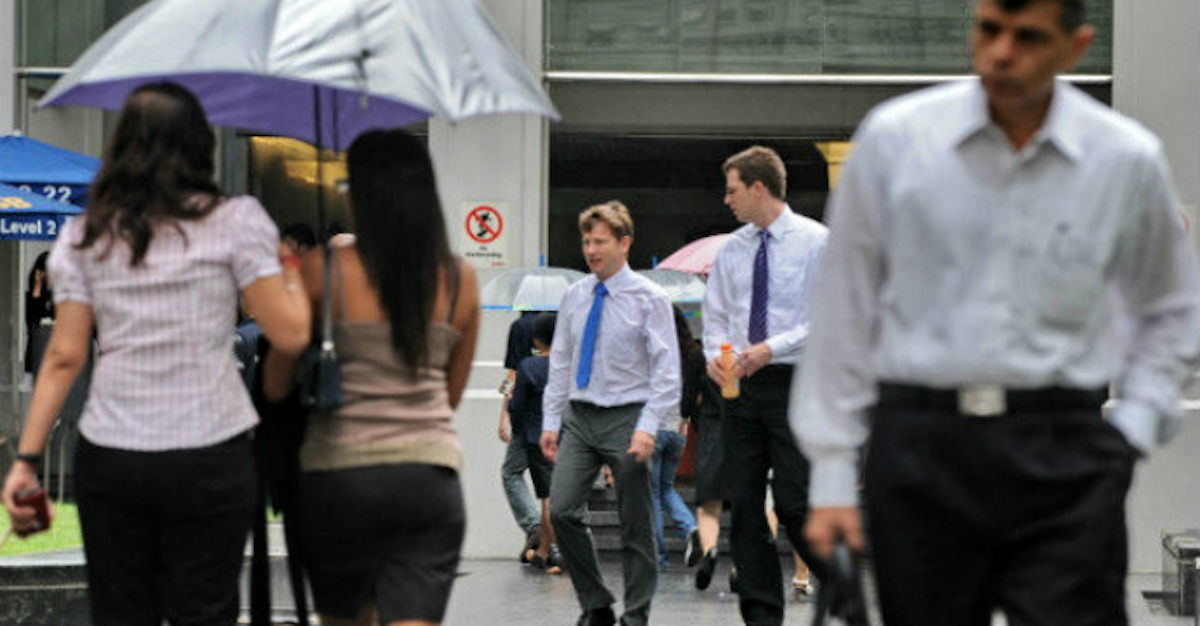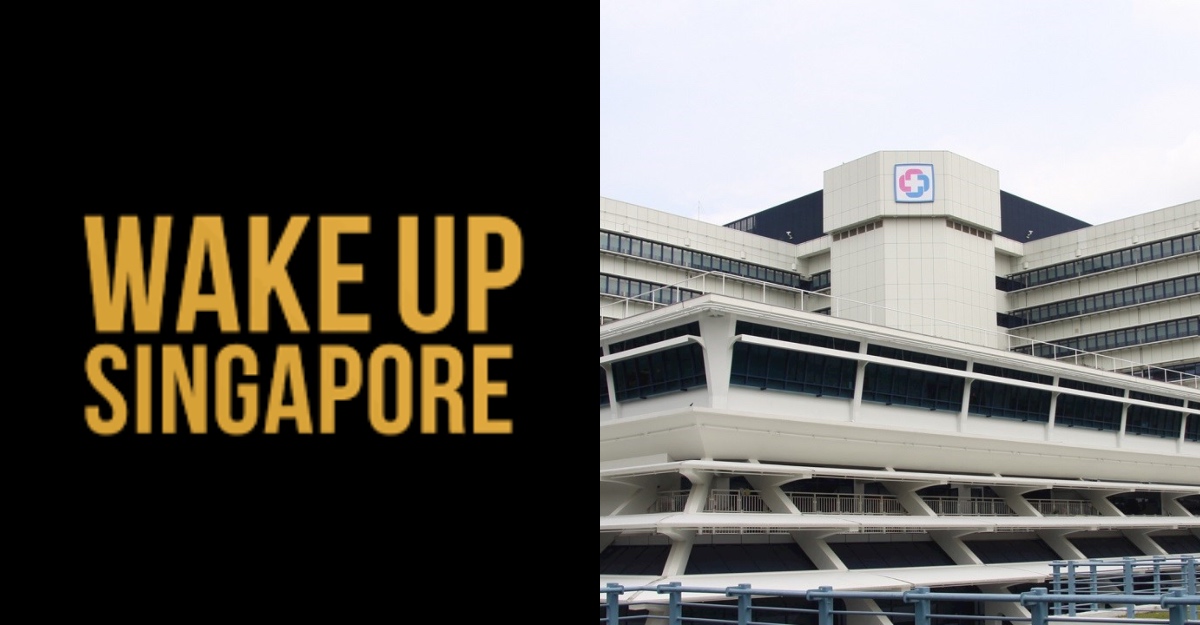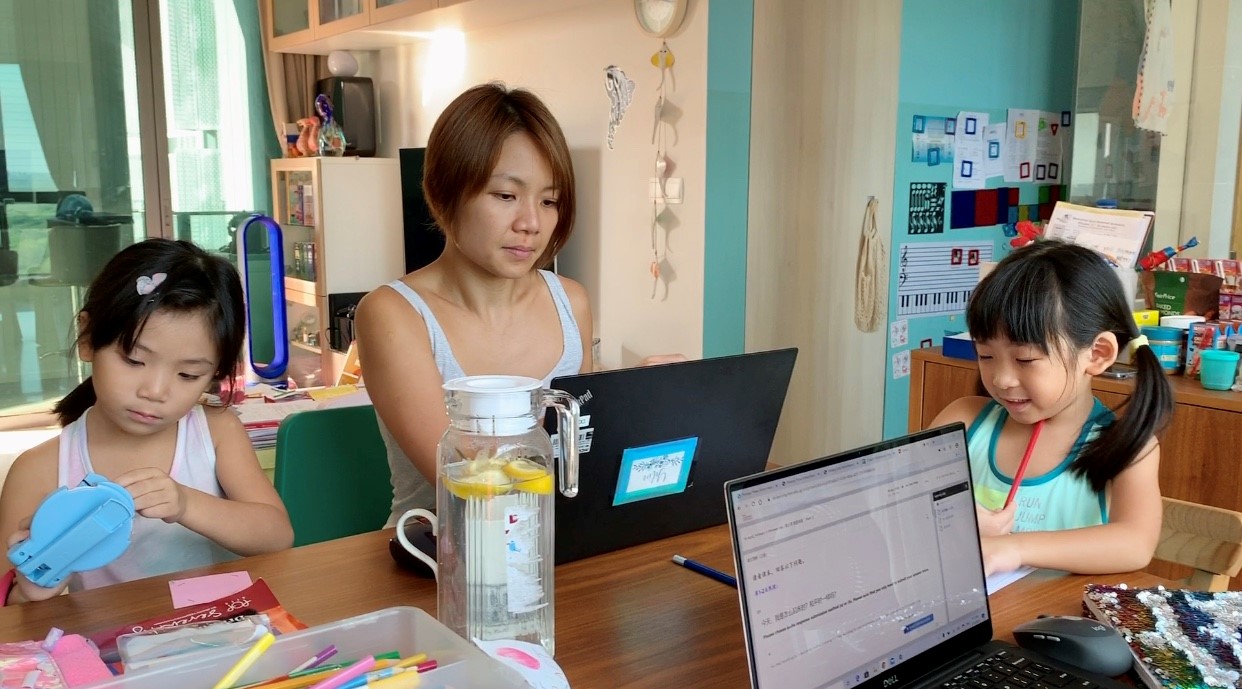Singapore has long been known for its liberal foreign worker policy, from blue-collared foreign workers to white-collar expatriates.
The city has also long been a coveted choice for expats looking for an entry into Asia — low tax rates and favourable government policies are just among some of the reasons.
In fact, Singapore was reported to be the best overall destination for expats in 2017, for the third year running.
Encouraging Employers To Hire Local

However, it seems that the city-state is not as welcoming to foreign talent as it was before.
In a recent turn of events, the Ministry of Manpower (MOM) raised the minimum salary required for foreign workers.
From 1 September 2020, firms applying for new Employment Passes (EPs) for foreign workers will need to pay them a monthly salary of at least S$4,500, up from S$3,900.
From 1 October, mid-skilled foreigners on S Passes will also have their qualifying salary raised from S$2,400 to S$2,500.
The move was implemented as part of plans to encourage employers to hire more Singaporean workers.
In early August 2020, the government also put 47 companies on the Fair Consideration Framework watchlist for suspected discriminatory hiring practices.
Though the companies’ names were not mentioned, they were placed on the list for their high shares of foreigners employed in the Professionals, Managers, Executives and Technicians (PMET) categories.
In yesterday’s (31 August) Parliamentary Debate — the first since the general elections in July — competition by foreigners for jobs took centrestage.
Various members of parliament (MPs) raised concerns over Singaporeans losing out on jobs to foreigners, especially during this time of economic crisis.
Despite acknowledging this fact, MPs also mentioned that there was a caveat — Singapore has to maintain an open market, and stay open to tapping onto the skills of foreign workers.
Foreign Investments: Singapore’s Open Borders Are A Necessity

Employment passes attract and root high-value activities and investments in Singapore.
Despite the Covid-19 pandemic, Singapore’s Economic Development Board (EDB) managed to secure S$13 billion worth of foreign investment in the first four months of 2020.
These include electronics and infocomm technology firms such as Micron, Lazada, Shopee and Thermo Fisher Scientific, which all plan to hire people in the next few years.
Their [foreign talent] presence gives Singapore a vitality that keeps us economically relevant and also provides jobs and opportunities to our fellow Singaporeans.
Pritam Singh, Leader of the Opposition, in Parliament on Monday (August 31)
That being said, certain global companies might require highly specialised skills and knowledge, which experienced internal staffers tend to have a good grasp of.
To put this into perspective, if a Singaporean company were to open headquarters abroad, it is likely that they would send a Singaporean management team along.
However, these global firms in Singapore still require executives and other white-collar roles, which would be open to Singaporeans.
In his first speech as Leader of the Opposition in Parliament on Monday (August 31), Workers’ Party’s Pritam Singh acknowledged that Singapore requires foreigners to “help power our economy”.
Besides generating a thousands of jobs for Singaporeans, these investments will also boost Singapore’s economic growth and productivity in the long run.
A Possible Gap In Education: A Lack Of Soft Skills?

Whether Singapore’s education system is preparing locals adequately for the jobs available has been a topic of contention for years.
One of the main justifications given for the hiring of foreigners is that companies are unable to find Singaporeans with the expertise.
If this is indeed the case, then it is essential to identify these gaps in Singapore’s education system.
Since 2018, the Singapore government has said that it needs to bring in foreign talent, especially in the tech industry, while the country’s education system “rebalances itself”.
We need to rebalance that so education is more fun, more joy, more holistic and children have a passion and an aptitude in deciding what they want to do.
It’s not just my marks but also developing my passion, an idea of my future, my journey, and getting soft skills.
Mr Ong Ye Kung, then Education Minister, in an interview with the Straits Times (September 2018)
Then-education minister Mr Ong Ye Kung pointed out that while the Singapore education system has its strengths, perhaps too much emphasis is placed on exam results, leading to the proliferation of rote-learning.
This sentiment is echoed by Tan Hwee Hoon, Associate Professor of Organisational Behaviour & Human Resources at the Lee Kong Chian School of Business, Singapore Management University.
She noted that although Singapore is competitive, challenges remain due to the focus on rote learning. According to her, employers require a “sense of adaptability” and soft skills that Singaporeans might be lacking.
Singapore graduates know a lot of stuff, but those can be learnt on the job. What’s more important are the practical and soft skills that can help them excel at the workplace.
Mr Ong Ye Kung, then Education Minister, in a speech in 2016
Indeed, employers are moving their focus towards soft skills. According to a report by TODAY, LinkedIn data show that recruiters favour applicants with both soft and hard skills.
Locals’ Willingness To Take On Jobs Done By Foreign Workers

In Singapore, most manual or blue-collared roles are filled up by foreign workers.
According to a report by Channel News Asia, Contractor PQ Builders’ Peh Ke-Pin has had difficulty sourcing for Singaporean workers.
Despite being willing to pay between S$2,000 to S$3,000 for a local, he still has no takers when putting out advertisements.
Due to the mindset that certain jobs such as labourers, technicians and technologists are meant for lower-skilled individuals, many Singaporeans have reservations about taking up these jobs.
Consumers also have to be willing to pay more for goods and services if companies were to increase wages to attract locals.
To add on, OCBC chief economist Selena Ling said that Singapore’s low fertility rate and ageing population means that it does need migrant workers to take up these jobs.
Is Local Hiring Push Just A Stop-Gap Measure?
While the government’s latest moves are seen as a strategy for Singapore to ensure a balanced workforce of local and foreign manpower, they could be a double-edged sword.
Firstly, it could increase business costs in the long run which could dampen their recovery from the COVID-19 pandemic.
Furthermore, the rise in costs could also deter global companies from setting up operations and headquarters in Singapore, which could trigger a fall in inflow of foreign investments, employment opportunities and GDP.
Hence, as with every philosophy and policy, balance is key.
Singapore is currently experiencing its worst recession in history, and a push for local hiring is important in ensuring the livelihood of Singaporeans.
That being said, it is important for Singapore to look outward while navigating the course and identifying policies that will allow the city state to move into the post-Covid world.
Featured Image Credit: Ejinsight








